France hits pause: mass strikes test Lecornu as unions revolt over budget cuts
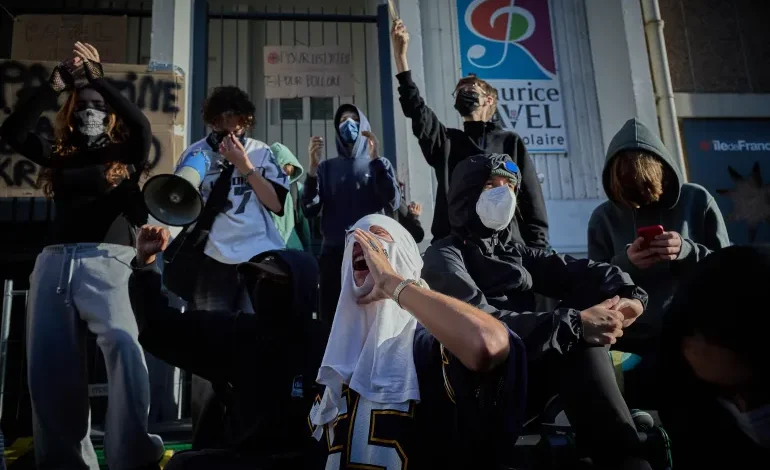
France woke to shuttered pharmacies, thin metro service and streets packed with placards on Thursday as unions staged a nationwide strike against planned budget cuts. Organizers claimed 1 million people marched; the Interior Ministry put it at 500,000 and deployed a massive 80,000-strong police presence.
Scuffles flared in Lyon and Nantes; in Paris, riot police used tear gas and shields after small groups smashed windows and tagged buildings. By late afternoon, authorities said 140+ people had been detained. Public transport took a hit — many Paris Metro lines were down outside rush hours — and students blocked entrances at schools and campuses. Roughly one-third of teachers walked out. Pharmacists joined en masse: unions said 98% of pharmacies stayed closed. Even the power grid felt it — utility EDF trimmed nuclear output by 1.1 GW as workers joined the action.
The strikes come a week after Prime Minister François Bayrou was ousted in a no-confidence vote over a plan to slice €44 billion from spending to tackle soaring debt. President Emmanuel Macron tapped loyalist Sébastien Lecornu to replace him, but unions fear the cuts will survive in some form.
Their demands: scrap the austerity, tax the wealthy, and reinvest in public services—with some groups also calling to unwind Macron’s earlier pension reform.
“We need to be out in force… to put an end to policies that only serve the richest,” said Sophie Binet of the CGT. On the Paris march, Cyrielle, 36, an IT worker, put it bluntly: “If the new government leaned more to the left, that would be the beginning of a solution.”
Outgoing Interior Minister Bruno Retailleau warned police would act “as soon as there is the slightest slip-up.” Left leader Jean-Luc Mélenchon told supporters to stay disciplined, arguing violence would only help the government.
Lecornu inherits a hung parliament split into three hostile blocs and a debt pile equivalent to nearly €50,000 per citizen. He has junked a few lightning-rod ideas (like cutting two public holidays) and opened talks with opposition parties — but hasn’t ruled out significant trims. With two predecessors already felled by budgets, his margin for error is razor-thin.
Unions are promising more pressure if the cuts aren’t shelved. Lecornu’s first big test lands Oct. 2, when he addresses parliament. Today’s message from the streets was simple: balance the books — but not on the backs of workers and public services.
BBC, Al Jazeera, Reuters, and AP contributed to this report.

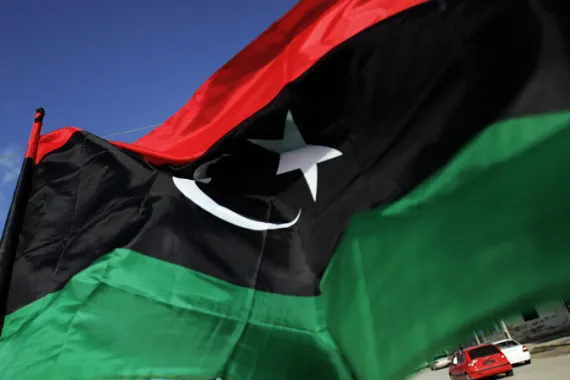
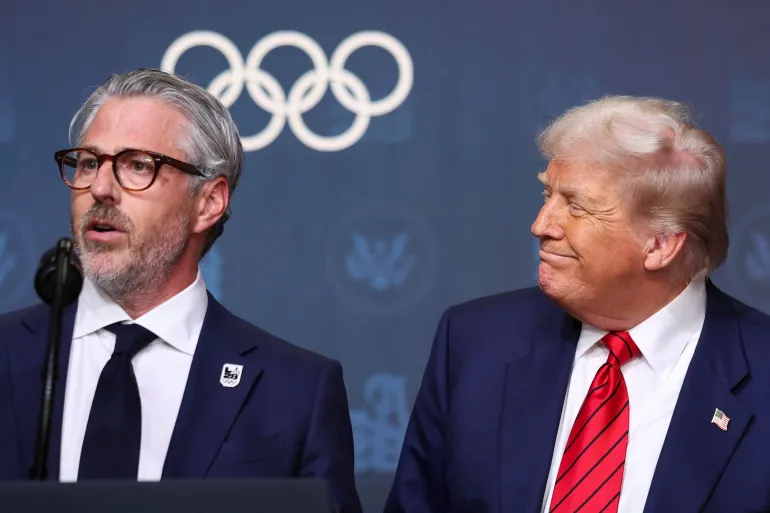
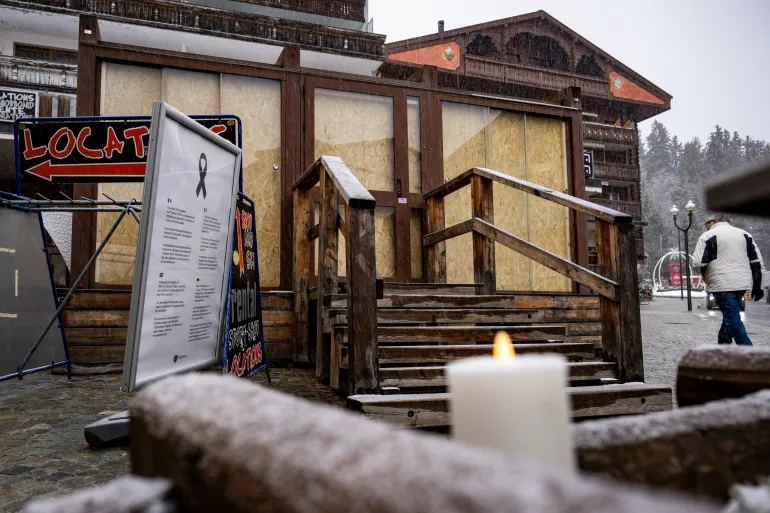
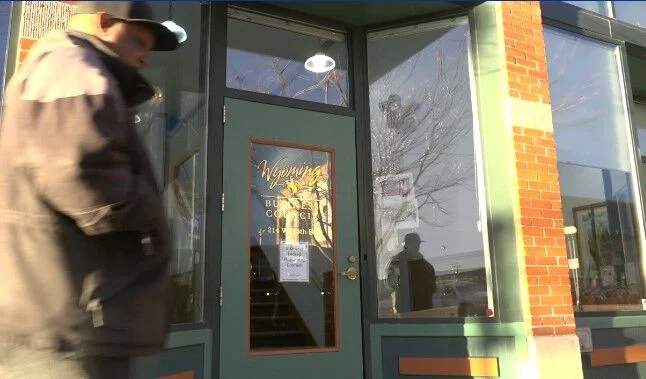




The latest news in your social feeds
Subscribe to our social media platforms to stay tuned